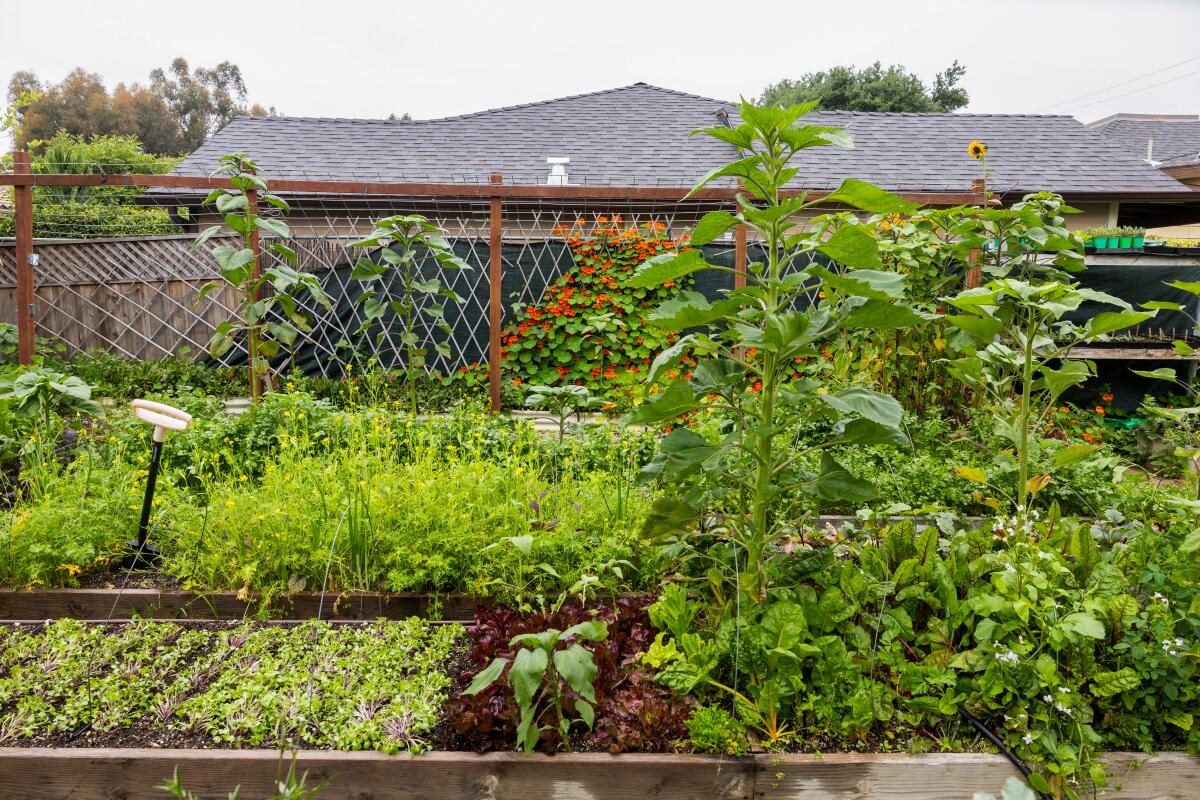Embarking on a homesteading journey requires meticulous planning and understanding of the land you aim to cultivate. For those managing a 15 acre homestead, conducting soil tests is crucial for ensuring sustainable and productive land use. Whether you’re a seasoned homesteader or a newcomer, understanding the health of your soil can make a significant difference in the success of your farming endeavors.

Why Are Soil Tests Important?
Soil tests provide insights into the nutrient composition, pH levels, and overall health of your land. By understanding these factors, you can make informed decisions about what crops to plant and how to amend your soil for optimal growth. This is especially important on a 15 acre homestead where diverse agricultural activities may be planned.
Understanding Soil Composition
Every soil type has a unique composition of sand, silt, clay, and organic matter. Knowing the composition of your soil helps in determining its fertility and the types of plants that will thrive. On a 15 acre homestead, this knowledge allows for strategic planning of crop placement and rotation.
pH Levels and Nutrient Availability
The pH level of soil can affect the availability of nutrients to plants. Most crops prefer a slightly acidic to neutral pH range. By using soil tests, you can assess whether your soil’s pH needs adjustment to enhance nutrient uptake and improve crop yield.
Steps to Conducting Soil Tests
Choosing the Right Test Kit
There are various soil test kits available, ranging from basic pH testers to comprehensive nutrient analysis kits. Choose one that suits the specific needs of your 15 acre homestead. A comprehensive kit is recommended for a detailed understanding of your soil’s health.
Collecting Soil Samples
Accurate soil tests require representative samples from different areas of your homestead. Use a clean spade to collect soil from the top 6-8 inches, and avoid areas with recent fertilizer application for accurate results.
Interpreting the Results
Once you’ve conducted the tests, interpreting the results correctly is crucial. Look for deficiencies or excesses in nutrients and adjust your farming practices accordingly. This might involve adding organic matter, adjusting pH, or altering crop choices to suit the soil condition.
Benefits of Regular Soil Testing
Regular soil testing helps in maintaining the long-term health and productivity of your land. It enables you to monitor changes over time, adapt to new challenges, and ensure your homestead remains sustainable. Learn more about sustainable practices in our article on sustainable living.
Preventing Soil Degradation
Without regular testing, soil can become depleted of essential nutrients, leading to decreased productivity and potential land degradation. By staying informed, you can take proactive steps to preserve your soil’s health.
Integrating Soil Test Results into Homestead Planning
Tailoring Crop Selection
Based on soil test results, you can select crops that are best suited to your soil type and condition. This strategy enhances yield and minimizes the need for chemical interventions.
Implementing Soil Amendments
Soil amendments such as compost, lime, or gypsum can improve soil structure, fertility, and pH balance. Regular soil tests guide you in applying the correct amendments in the right quantities.
Conclusion
Conducting soil tests on a 15 acre homestead is not just about improving crop yields; it’s about understanding and nurturing the land. By prioritizing soil health, you contribute to a sustainable future for your homestead and the environment. Consider exploring our guide on starting beekeeping on your homestead to further enhance your agricultural practices.

FAQs
What is the best time to conduct soil tests?
It’s best to conduct soil tests in early spring or fall when soil conditions are stable. This timing allows for any necessary amendments before planting or over the winter months.
How often should I test my soil?
For a 15 acre homestead, it’s recommended to conduct soil tests every 2-3 years to monitor changes and adjust your land management practices accordingly.
Can soil tests help in pest management?
Yes, understanding nutrient imbalances through soil tests can help in identifying vulnerabilities in your crops, which can be addressed to prevent pest infestations. For more information on homestead management, visit this external resource.




